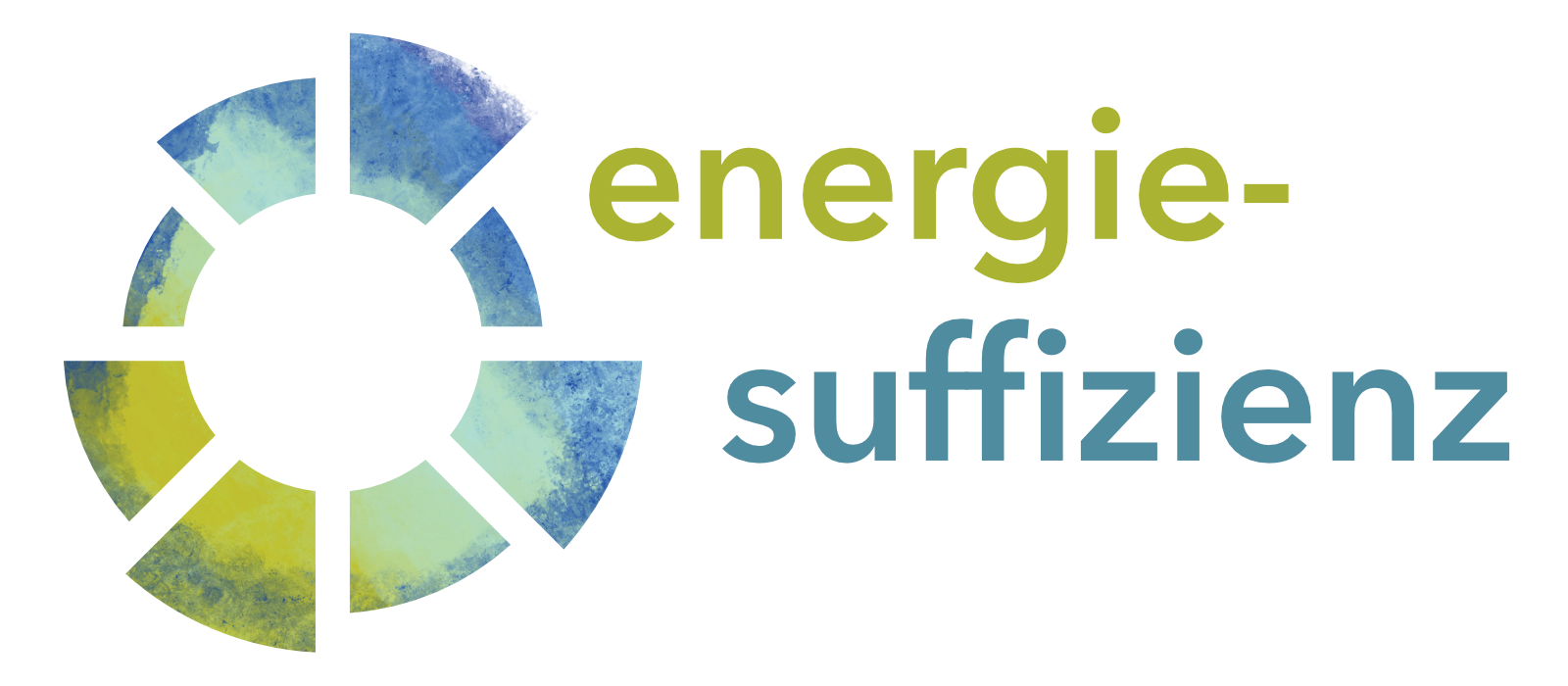
Invitation | 01.04.2022, 11:30 bis 12:30 / Image by june66 from Pixabay
Although sufficiency and its political implementation has recently gained increased consideration, it is still underrepresented in energy and climate scenarios.
This webinar entails:
- a presentation of the Energy Sufficiency Policy Databas
- an analysis of nearly 300 energy sufficiency policies
- small group discussions
Sufficiency is a key strategy that has the potential to contribute to energy sovereignty, climate neutrality and other sustainability goals simultaneously. Although sufficiency and its political implementation has recently gained increased consideration, it is still underrepresented in energy and climate scenarios, which are a fundamental basis for climate and energy policy. One reason for its absence in such scenarios might be the fear that such energy demand reduction assumptions cannot be adequately substantiated with policies.
Four researchers of the junior research group “EnSu” extracted nearly 300 policy instruments from scientific literature. Main sources are the “GermanZero” policy proposals (GermanZero 2021), and the “National Energy and Climate Plans” (NECP) and “Long-term strategies” (LTS) of all European member states, published 2019/20 (Zell-Ziegler et al. 2021).
All policies are characterized with instrument types, policy objectives, measure descriptions, indicators, and further information. Indicators can serve as entry points for the integration of sufficiency in demand models and scenarios and/or for the selection of adequate models (Best et al. 2022). The database is freely accessible online and can be filtered and searched by keywords.
Access the energy sufficiency policy database: https://energysufficiency.de/en/policy-database-en/
#betd22 access data
Click on this link to join the video conference:
https://meet.google.com/ijy-pquy-zsw
Alternatively, you can also participate by telephone. To do so, dial +49 40 8081618047 and enter this PIN: 457 327 134#.
Click on this link to see more telephone numbers: https://tel.meet/ijy-pquy-zsw?hs=5
Panellists and Speakers
Dr. Benjamin Best (Wuppertal Institut für Klima, Umwelt, Energie gGmbH)
Carina Zell-Ziegler (Öko-Institut e. V. – Büro Berlin
Agenda
01.04.2022, 11:30-12:30 Uhr
Introduction and analysis of Sufficiency Policies
Presentation of the Energy Sufficiency Policy Database + Q&A
Small Group Discussions
• 1st group: Technical dialogue / feedback on the database, ideas for further development or co-operations, use cases
• 2nd group: What are (your) experiences with sufficiency? How can a policy mix for sufficiency look like? What are main political barriers for sufficiency policy? https://pad.systemli.org/p/betd22_sufficiency_database
We recommend also visiting the side-event of the CACTUS-project just before this webinar.
“Energy sufficiency as the missing driver on the way to carbon neutrality in catching up economies”
01 April from 10:00 to 11:30
Registration: click on zoom link here: https://us06web.zoom.us/webinar/register/WN_RSBXcajoSkG-nrDSJ8sNKg
More Information: https://cactus-energy-sufficiency.eu/webinar-on-energy-sufficiency-in-catching-up-economies

Official Side Event of the Berlin Energy Transition Dialogue.22 #betd22 #energysufficiency https://www.energydialogue.berlin/
Literature
Best, B.; Thema, J.; Zell-Ziegler, C.; Wiese, F.; Barth, J.; Breidenbach, S.; Nascimento, L.; Wilke, H. (2022): Building a database for energy sufficiency policies [version 1; peer review: awaiting peer review]. F1000Research 11(229). doi: 10.12688/f1000research.108822.1.
GermanZero (2021): Maßnahmen für ein 1,5-Grad- Gesetzespaket. Arbeitsstand September 2021 (2.). Berlin. https://germanzero.de/media/pages/assets/fcd6e7bfe9-1638758195/GermanZero_Massnahmenkatalog_210907.pdf.
Zell-Ziegler, C.; Thema, J.; Best, B.; Wiese, F.; Lage, J.; Schmidt, A.; Toulouse, E.; Stagl, S. (2021): Enough? The role of sufficiency in European energy and climate plans. Energy Policy 157112483. doi: https://doi.org/10.1016/j.enpol.2021.112483.
